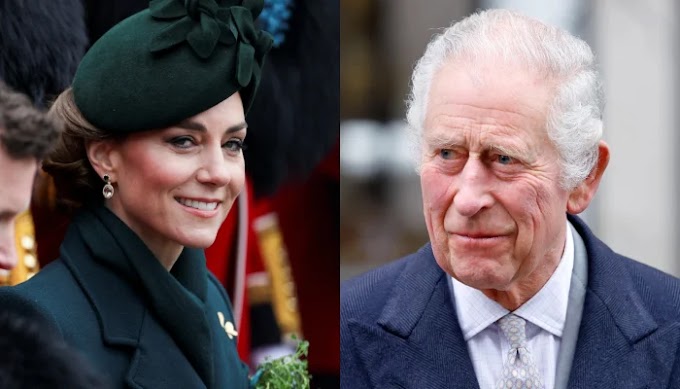"These procedures are usually minimally invasive and performed without any skin incisions, and an estimated 25,000 are performed each year," Professor Bolton stated.
Medical staff overseeing the monarch's health have outlined a recovery plan that includes a two-night stay in the hospital, followed by 10 to 14 days of bed rest at home. During this time, King Charles may engage in administrative work remotely but is not expected to make public appearances.
Professor Bolton shed light on the medical reasons behind the procedure, explaining that the monarch faced challenges in urination, which could potentially lead to infections and even prostate cancer. He emphasized symptoms such as "a sudden and urgent need to urinate, straining or slow flow while urinating, or getting up multiple times in the night to urinate" as indicators of the issue.
The extended recovery period is aimed at ensuring the King's full recuperation and addressing any potential complications.












